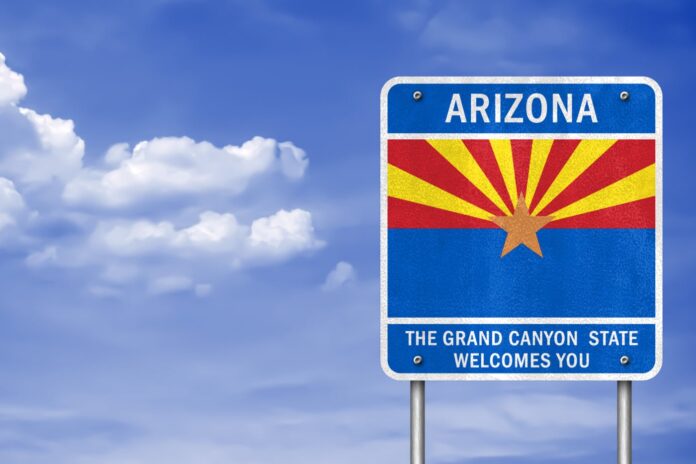PHOENIX — Cannabis could be emerging as a significant source of tax revenue for Arizona. According to recently released data from the Arizona Joint Legislative Budget Committee (JLBC), cannabis taxes collected in the state are exceeding that of liquor and alcohol combined.
“The state collected $11.9 million in dedicated marijuana excise taxes in March and $94.3 million fiscal year to date,” the JLBC states in its report.
Arizona receives cannabis taxes from multiple sources. Besides the excise taxes, Arizona also collects tax revenue from Transaction Privilege Taxes (TPT). According to the report, Arizona collected $2.9 million in medicinal cannabis TPT revenue and $3.4 million in TPT revenue from recreational sales in March. When combined with the state’s excise taxes, the cannabis industry generated $18.2 million in tax revenues for March. Overall, Arizona has received a total of $149.7 million in taxes from cannabis through the fiscal year to date.
Taxes collected from state tobacco sales only totaled $1.7 million in March and $15.4 million for the year. Liquor taxes provided Arizona with $3.7 million in March and $31.6 million for the year.
This trend does not appear unique to Arizona. The Institute on Taxation and Economic Policy (ITEP) recently published data showing that the majority of states that have legalized recreational use are taking in more tax revenue from cannabis sales than alcohol sales.
“This is still a small part of state budgets, but it’s a very quickly growing area,” Carl Davis, one of the authors of the ITEP study said according to The Hill. “There aren’t many revenue sources that grow year over year. This has been a several-year trend now. The early states, what you see is revenue start low and grow very, very quickly.”
Davis believes that easy access to doing business in the cannabis industry is key to maximizing tax revenues collected.
“If their priority becomes to maximize revenue, the way you do that is to allow for a large number of retail outlets and allow for delivery and discourage local bans on cannabis shops,” Davis said. “You can tax cannabis quite heavily and raise a significant amount of revenue. Washington is raising more than any other state [per capita] because it has a high tax rate.”
Recent polling data from YouGov shows encouraging signs for the future of the cannabis industry. A majority of Americans support legalizing cannabis, providing the industry with access to banking, and view cannabis as less dangerous than alcohol. YouGov also found that 50 percent of respondents believed legalization would be good for the U.S. economy. Only 19 percent of respondents thought legalization would have a negative impact on the economy.
Marijuana Policy Project (MPP) has released its own report on cannabis taxes, highlighting how cannabis taxes collected are benefiting state social spending programs.
“The legalization and regulation of cannabis for adults has generated billions of dollars in tax revenue, funded important services and programs at the state level, and created thousands of jobs across the country,” Toi Hutchinson, President and CEO of MPP said in an email. “Meanwhile, the states that lag behind continue to waste government resources on enforcing archaic cannabis laws that harm far too many Americans.”












